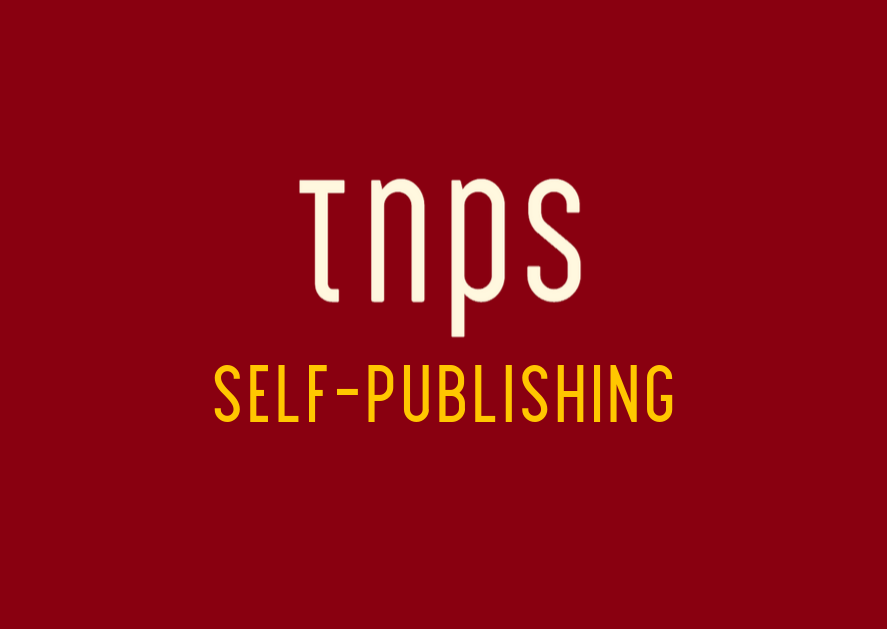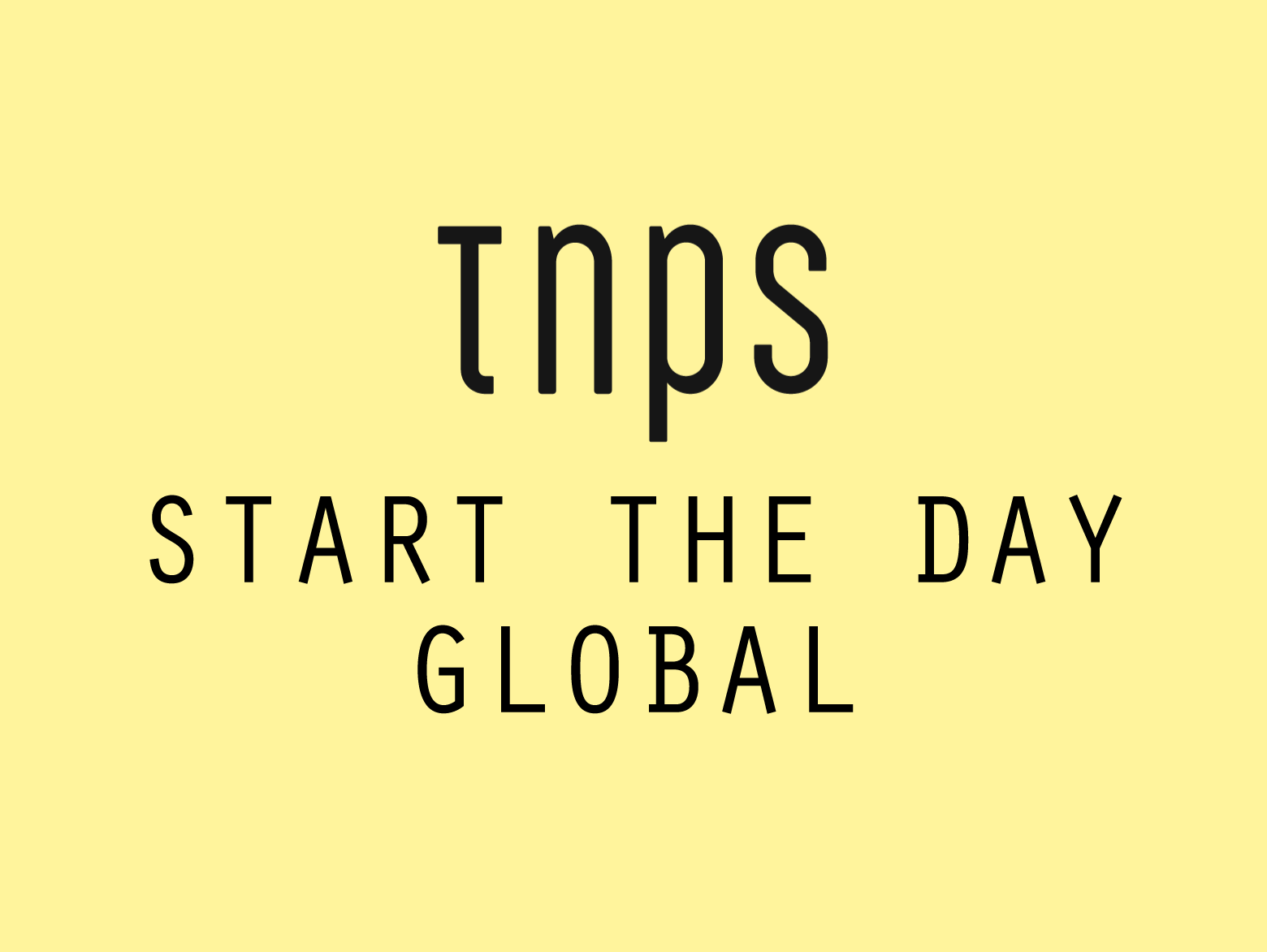While Filéas may not revolutionise the world, or even French publishing, overnight, it has the potential to significantly improve the French book industry’s transparency and efficiency, and if it is successful we’ll almost certainly see more of the same in other markets.
One of the earliest benefits of the Kindle self-publishing boom was authors having, in almost real time, access to their ebook sales figures, something still denied many traditionally-published authors even today, fifteen years on.
This week Nicolas Gary, over at ActuaLitté, tells of a possible big leap forward for French authors, so with all credit to Actualitte, here’s a summary of the Gary report (any inaccuracies in translation are sort of my fault for relying on auto-translate).
Filéas: A New Initiative for Transparency
Filéas, which describes itself as a mission-driven company, aims to improve the transparency of sales figures for both printed and digital books for authors. It also seeks to optimise the economic and environmental efficiency of the book industry. A mission committee, including representatives from authors, publishers, booksellers, and institutional partners, supervises its actions to ensure interprofessional and public interest.
Main Objectives
The primary goal is to create a sales tracking tool accessible through a dedicated portal, in collaboration with industry professionals. This project is part of the digital transformation of the sector, promoting the federation of actors and generalised access to data.
(TNPS note: In the US and some other markets, Bookstat already offers real-time sales figures for books sold online, but only to the luck few subscribers, and some publishers offer internal portals for their own authors, but this initiative by Filéas is a potential game-changer.)
Features of Filéas
The Filéas platform will provide precise sales data to book industry stakeholders. Authors will have free access to their own book sales data, while publishers, distributors, and retailers will have access via a subscription based on their structure size (which sounds a bit like Bookstat, but presumably with a less challenging paywall.).
- Sales Indicators: Weekly sales indicators will be available from the start, based on GfK data. Later, daily indicators will be added, powered by data from industry players, including over 700 partnering bookstores.
Industry Collaboration
Eight major book industry players founded Filéas on December 20, 2024 (N.B. These names are translated approximations):
- The National Publishing Syndicate (SNE)
- The Circle of Bookstores
- Dilicom
- The Association for the Development of Creative Bookstores (ADELC)
- The Syndicate of French Bookstores (SLF)
- The Association of Computerized Bookstores and Users of Electronic Networks (ALIRE)
- The Permanent Council of Writers (CPE)
- The Society of Men of Letters (SGDL)
Launch and Future Plans
The official launch will take place at the 2025 Paris Book Festival (April 11-13), with a test version presented. Deployment will begin gradually in spring, starting with weekly data provided by GfK.
Existing Solutions
Similar solutions, like Hachette’s Mon Espace Auteurs and Editis’ tool, have been in use since 2021, providing authors with sales data.
Challenges and Outlook
Partners are currently working on the platform and its interface, addressing complex security and confidentiality issues. The next step involves gathering sales data from over 700 bookstores at the checkout. The challenge will be convincing larger stores and chains to participate.
Impact on Small Publishers
For small publishing houses, better sales visibility will allow more efficient production management and avoid unnecessary expenses, positively impacting their cash flow and ecological footprint.
Distributor Benefits
Distributors will benefit by avoiding overstock, as better sales data will help them manage inventory more effectively.
The TNPS take:
While Filéas may not revolutionise the world, or even French publishing, overnight, it has the potential to significantly improve the French book industry’s transparency and efficiency, and if it is successful we’ll almost certainly see more of the same in other markets.
This post first appeared in the TNPS LinkedIn newsletter.





